‘Sleeping in cars, no power’: Leaders slam flood response
Local and State leaders from Lismore and Clarence Valley have blasted the government's response to the floods across NSW, accusing Resilience NSW and other departments of treating the disaster like a ‘9 to 5 job’.
Lismore
Don't miss out on the headlines from Lismore. Followed categories will be added to My News.
Local and State leaders from Lismore and Clarence Valley have heavily criticised the State Government’s flood response at a parliamentary inquiry in Lismore this week
Lismore Mayor, Steve Krieg was backed by Lismore MP Janelle Saffin, Richmond Valley Council Mayor Robert Mustow and Clarence MP Chris Gulaptis.
Together the four North Coast leaders demonstrated reasons and examples of where Resilience NSW and other key government agencies failed in their response to the catastrophic flooding that has left the region decimated.
The multi-party committee listened to harrowing stories of homelessness, lack of power to store food, and community members still sleeping in their cars.
Chair and Shadow Minister of the North Coast, Walter Secord MP, said this inquiry is about learning the lessons from the failure of the flood response and making positive recommendations.
“It is different from the government’s independent flood inquiry,” Mr Secord said.
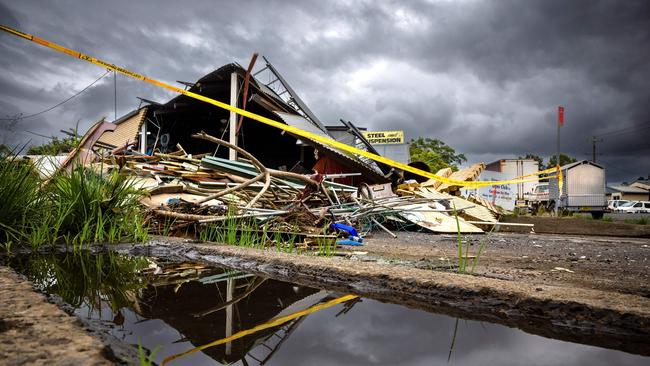
Resilience NSW fail
State Member for Lismore Janelle Saffin told the inquiry that Resilience NSW are “institutionally incapable of doing their job”.
Ms Saffin said that from the get-go the State government failed in its response to the flood disaster.
Evacuees were subjected to the appalling squalor of evacuation centres.
“People were coming into evacuation centres traumatised, with pets, without medications,” Ms Saffin said.
She said these things are a known during disasters and it is not difficult to say what needs to happen.
“Lots of things didn’t happen, for example in terms of security, there wasn’t any.” Ms Saffin said.
Housing crisis
She told the inquiry Tweed Shire Council had a proposal for a block of units next to their police station.
“Here is a regulated solution to house a lot of people and it wasn’t even looked at,” Ms Saffin said.
“The disaster response that exists does not match the magnitude of the event here.
“We already have a housing crisis and now we have a bigger one,” Ms Saffin said.
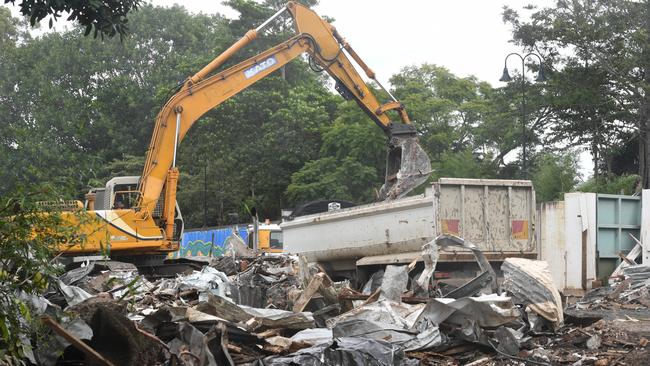
Lismore Mayor Steve Krieg addressed issues of rates, housing, staff shortages, and the financial cost of a long-term rebuild.
“Having a public service coming in to run an evacuation centre is a 24 hour 7 day a week job and Resilience struggled with it because they treated it as a 9-5 job,” Mr Krieg said.
“Lismore City Council staff ran an evacuation centre for 800 people for two weeks before help came.
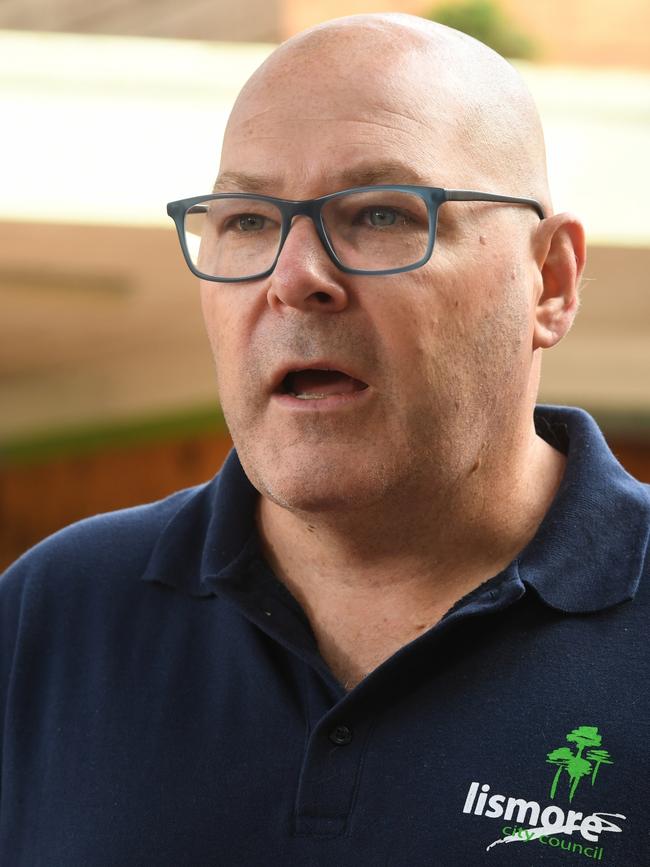
“Government agencies were not there.”
Mr Krieg said the situation is a humanitarian crisis.
“Our community is suffering terribly,” he said.
“They have lost their biggest assets, their home, they’re unemployed, they’re sleeping in their cars, they can’t store food.”
Rates
Krieg was furious that Lismore City Council was forced to send out rate notices to those ratepayers who own homes that are currently inhabitable.
“I am embarrassed, angry, sad,” he said.
“It is 100 per cent unfair.
“As a new local government representative where I thought we could help our community, it is a shock to me that there is legislation that demands council issue water and rates notices.
“We have to stop the nonsense red tape rubbish imposed on us from state government,” Mr Krieg said.
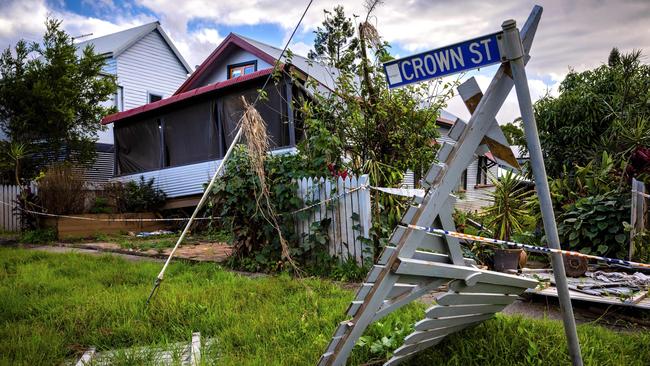
Mayor for Richmond Valley Council Robert Mustow said they wrote to the government after the 2019 bushfires requesting rate relief.
“We need staff to rebuild,” Mr Mustow said.
“In the fires, the government came to the party and paid the rates.”
Millions will be needed in ongoing funding to resurrect the north coast the inquiry heard.
Mr Mustow said Richmond Valley Council have a plan but it will be at least a three to five year fix.
“Funding needs to be ongoing,” Mustow said.
“We all need to work together, federal, state and local.”
Other key issues raised included mental health, roads, infrastructure, black mould, and disaster communication.
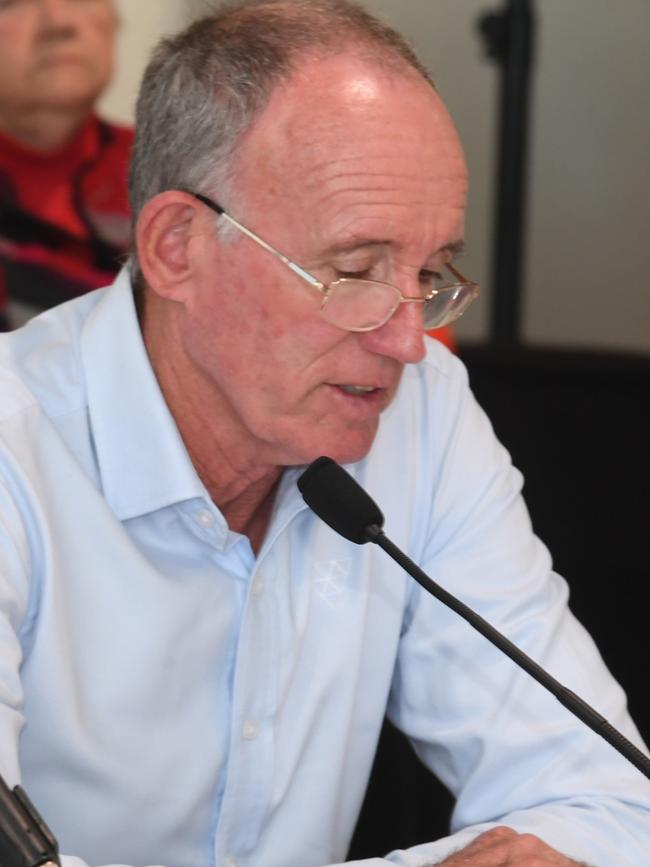
Disaster communication
Mr Mustow said there should be only one message come out.
“I shared a lot of stuff [on social media],” he said.
“It’s a problem, phones run out of power.”
Mr Mustow told the inquiry that the highway from Coraki, Woodburn and Broadwater needs a “good look at”.
“It needs to be made public,” he said.
“Whether that motorway did stop water from receding.”
Mental health
The inquiry heard that a lot of young people are fragile in the community.
“People can’t go to sleep with the sound of rain at the moment,” Mr Krieg told the panel.
He said the long term cost won’t be known for at least another 18 months.
“People can’t live a normal day of life, the kids have lost their schools, there are many students that have had to relocate.
“They are literally living on centrelink which isn’t a lot,” Mr Krieg said.
A lot of families are leaving the area.
Mr Krieg said he had 22 staff pre-flood, now he can only get in 7.
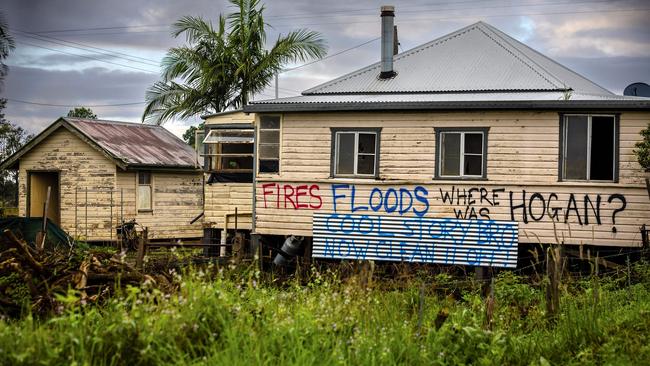
Chair of the committee Walt Secord MP summarised the biggest issue was the failure of Resilience NSW.
“Any property that was saved or lives that were saved were because of people in the community and had nothing whatsoever to do with the State government.
It will take between 3-5 years to repair the community, minimum.
“There is real concern about the departure of people from the community,” Mr Secord said.
He said the State government has been inflexible in responding to the disaster.
“Asking the Mayor to send out rate and water notices to people that have lost their homes is unacceptable.”
Mr Secord said the inquiry is showing the government as inflexible, insensitive, and has “dropped the ball” with its response to the floods.
The multi-party committee will submit their findings ahead of the State governments independent inquiry lead by Professor Mary O’Kane AC and Michael Fuller APM.




